Shifting Alliances in the Accreditation of Higher Education: On the ...
Shifting Alliances in the Accreditation of Higher Education: On the ...
Shifting Alliances in the Accreditation of Higher Education: On the ...
Create successful ePaper yourself
Turn your PDF publications into a flip-book with our unique Google optimized e-Paper software.
ecome concerned with quality control with<strong>in</strong> <strong>the</strong>ir pr<strong>of</strong>ession and with <strong>the</strong> self-<br />
def<strong>in</strong>ition <strong>of</strong> specialists and a clear ―peck<strong>in</strong>g order‖ with<strong>in</strong> <strong>the</strong> field. Entry <strong>in</strong>to <strong>the</strong> field is<br />
limited to those who go through <strong>the</strong> proper tra<strong>in</strong><strong>in</strong>g. The pr<strong>of</strong>ession beg<strong>in</strong>s lobby<strong>in</strong>g <strong>the</strong><br />
government, usually on <strong>the</strong> state and local level, for legal support <strong>of</strong> <strong>the</strong>ir tra<strong>in</strong><strong>in</strong>g and<br />
certification system. F<strong>in</strong>ally, a formal code <strong>of</strong> ethics is developed. 66<br />
A case could be made that <strong>the</strong> teach<strong>in</strong>g <strong>of</strong> higher education first became a<br />
pr<strong>of</strong>ession <strong>in</strong> <strong>the</strong> US circa 1870, with <strong>the</strong> rise <strong>of</strong> <strong>the</strong> university. In his book, The Shap<strong>in</strong>g<br />
<strong>of</strong> American <strong>Higher</strong> <strong>Education</strong>, Arthur M. Cohen notes that an important element <strong>of</strong> <strong>the</strong><br />
pr<strong>of</strong>essional is that s/he ―ga<strong>in</strong>s a specialized body <strong>of</strong> knowledge dur<strong>in</strong>g a long period <strong>of</strong><br />
formal education. M<strong>in</strong>istry to a client population, autonomy <strong>of</strong> judgment, adherence to<br />
ethical standards, licensure or formal entry requirements, and associations that monitor<br />
all <strong>the</strong> above characterize <strong>the</strong> group.‖ 67 Prior to <strong>the</strong> rise <strong>of</strong> <strong>the</strong> university, Cohen argues,<br />
faculty at colleges were little more than tutors, teach<strong>in</strong>g a wide variety <strong>of</strong> subjects with<br />
little or no area <strong>of</strong> expertise. With <strong>the</strong> development <strong>of</strong> <strong>the</strong> university, however, faculty<br />
became pr<strong>of</strong>essors, each with a specialized area <strong>of</strong> knowledge and ―a commitment to<br />
long-term, full-time employment.‖ 68<br />
US universities, greatly <strong>in</strong>fluenced by those <strong>in</strong> Germany, began to emphasize <strong>the</strong><br />
pursuit <strong>of</strong> knowledge ra<strong>the</strong>r than <strong>the</strong> storage and dispensation <strong>of</strong> old knowledge. 69 This<br />
new emphasis on <strong>the</strong> pursuit <strong>of</strong> knowledge meant that universities were becom<strong>in</strong>g places<br />
66<br />
Ibid. 144-145.<br />
67<br />
Cohen, The Shap<strong>in</strong>g <strong>of</strong> American <strong>Higher</strong> <strong>Education</strong>, 124.<br />
68<br />
Ibid., 124-125.<br />
69<br />
Ralph F. Fuchs, ―Academic Freedom. Its Basic Philosophy, Function, and History,‖ Law and<br />
Contemporary Problems 28, no. 3, (Summer 1963): 435.<br />
35


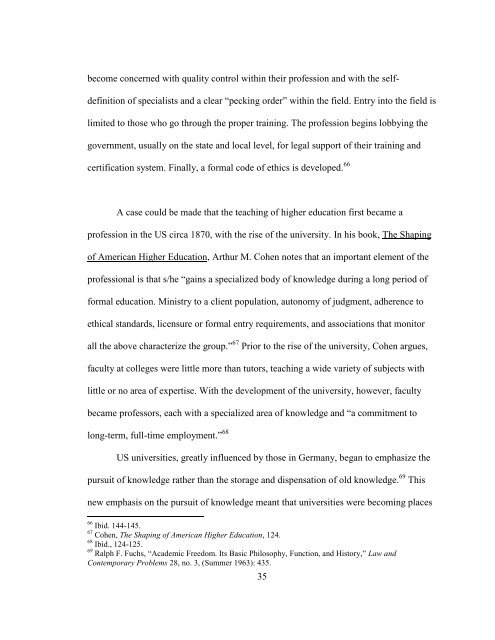
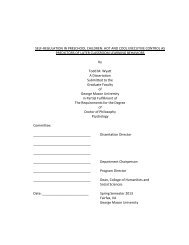
![[Sample B: Approval/Signature Sheet] - George Mason University](https://img.yumpu.com/21978828/1/190x245/sample-b-approval-signature-sheet-george-mason-university.jpg?quality=85)
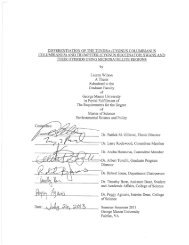
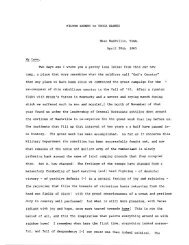
![[Sample B: Approval/Signature Sheet] - George Mason University](https://img.yumpu.com/18694905/1/190x245/sample-b-approval-signature-sheet-george-mason-university.jpg?quality=85)
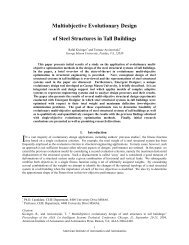
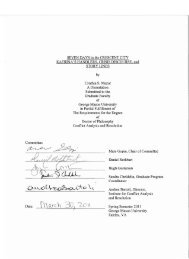
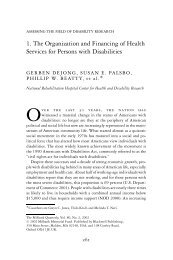
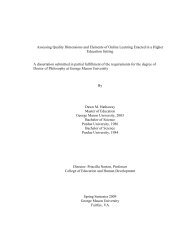
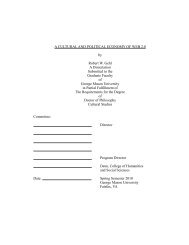
![[Sample B: Approval/Signature Sheet] - George Mason University](https://img.yumpu.com/18694552/1/189x260/sample-b-approval-signature-sheet-george-mason-university.jpg?quality=85)
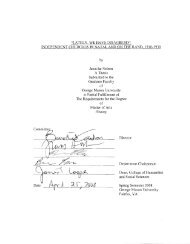
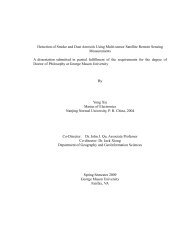
![[Sample B: Approval/Signature Sheet] - George Mason University](https://img.yumpu.com/18694474/1/190x245/sample-b-approval-signature-sheet-george-mason-university.jpg?quality=85)